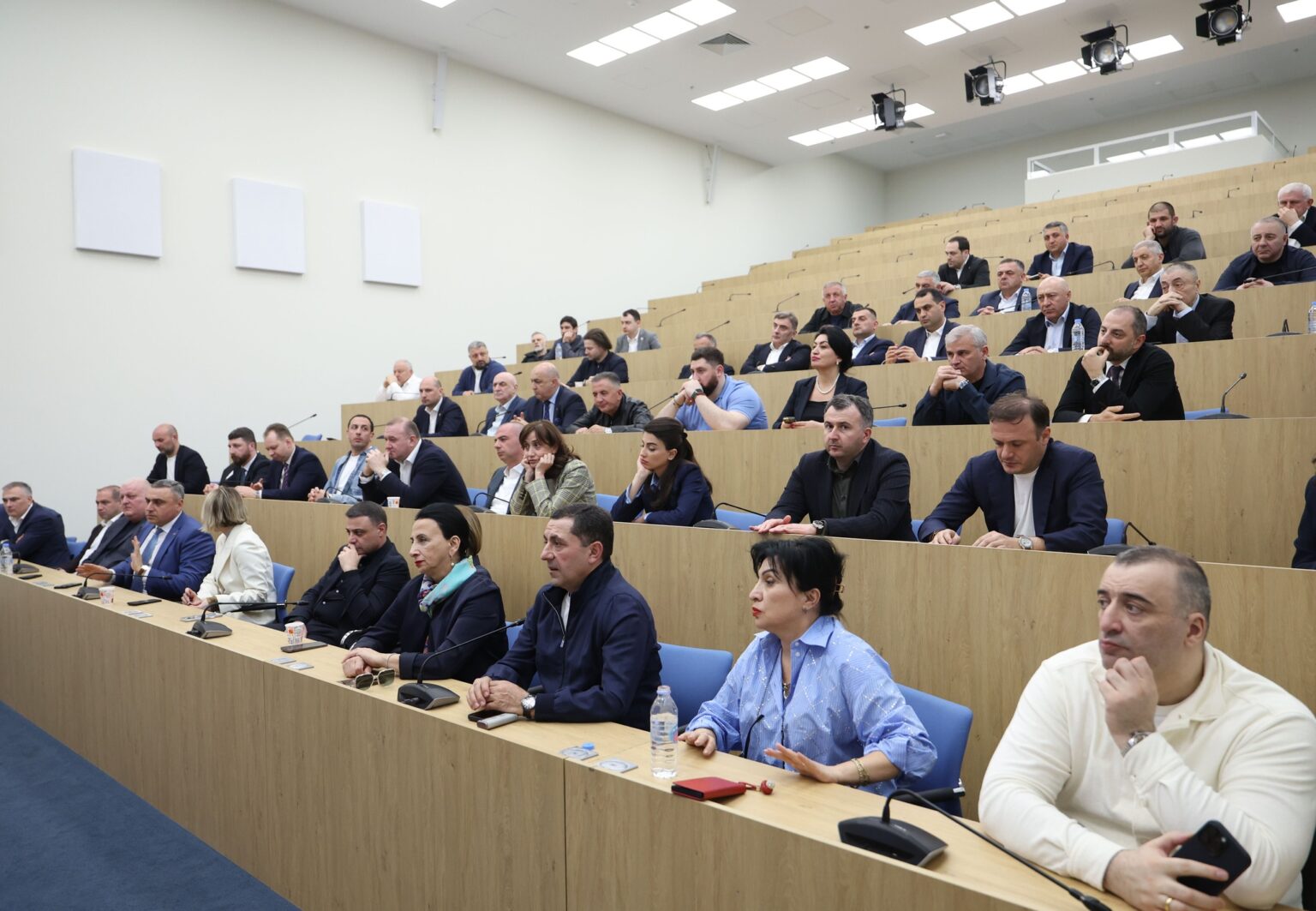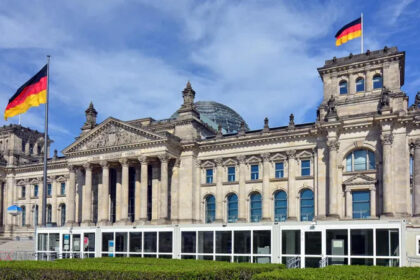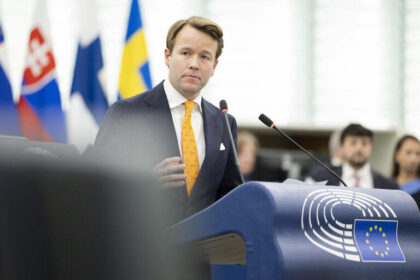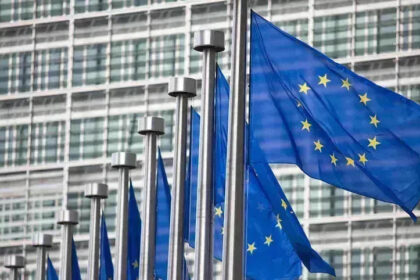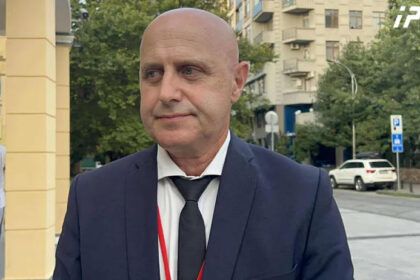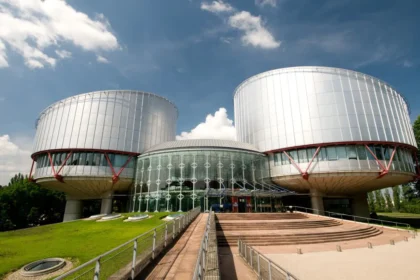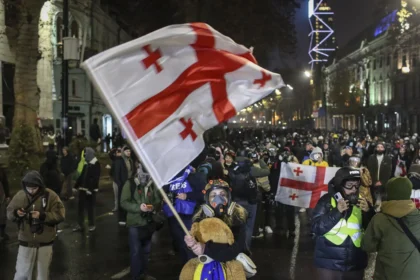**Georgian Critics Face Off Against Ruling Party’s “Mass Censorship” Practices**
In a move that has sparked widespread concern, dozens of Georgian Dream critics have been summoned to court for allegedly insulting the ruling party’s MPs on Facebook. The cases are being heard separately and could result in fines or detention for those found guilty.
The controversy surrounds amendments made to Georgia’s administrative code last month, which broadened the definition of “insult” to include online posts. Critics say this is a deliberate attempt by the government to silence dissenting voices ahead of parliamentary elections next year.
**Critics Targeted**
Those summoned to court for allegedly insulting MPs on Facebook include opposition leaders, TV anchors, and journalists. Some have publicly stated that they will not appear before the court, while others are facing allegations of calling MPs derogatory names or questioning their integrity.
Among those targeted is Ekaterine Mishveladze, a TV Pirveli anchor who was accused of insulting MP Mariam Lashkhi by calling her a “slave” on Facebook. Another journalist, Dea Mamiseishvili, faces similar allegations for calling MP Mamuka Mdivnelishvili a “bastard,” “scum,” and devoid of humanity.
**Growing Legislative Crackdown**
This latest move is part of the ruling party’s growing legislative crackdown on critics. Last month, lawmakers approved changes to the electoral code that opponents say are designed to favor the ruling party in next year’s elections.
Critics argue that these moves are a clear attempt by the government to suppress dissent and maintain its grip on power. As Georgia prepares for parliamentary elections, the stakes are high, and the country’s democratic institutions are under increasing pressure.
**What’s at Stake**
The cases against critics who allegedly insulted MPs on Facebook have sparked widespread concern among human rights groups and opposition parties. They argue that this is a clear attempt by the government to muzzle dissenting voices and suppress criticism ahead of parliamentary elections.
As Georgia’s democracy faces growing challenges, it remains to be seen whether the courts will uphold these amendments or rule in favor of free speech.




